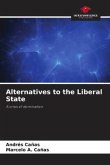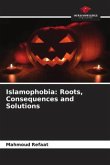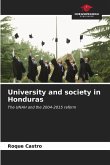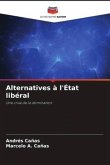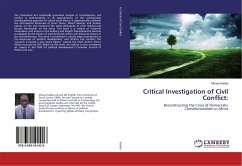This work is made up of three studies that discuss, respectively, arbitration as a solution to the crisis in the Brazilian judiciary, self-composed means of resolving conflicts and the controversial issue of using arbitration in family law. Brazil has had such institutes in its history since the colonisation period, as disputes over Brazilian territory, which became the private property of the colonisers, were settled through arbitration. However, the Brazilian state retreated from using these means of resolving conflicts because, under the aegis of the Judiciary in the administration of justice, these procedures were forgotten. Today, the so-called "crisis of justice" is increasingly on the political and academic agenda. Society, especially low-income families, is dissatisfied with the public justice service, which does not adequately meet their needs. Solving this problem is a challenge to be overcome in a complex and co-ordinated way, which should not at any time prevent various measures from being taken, as long as real access to justice for all citizens is maintained as a priority.



